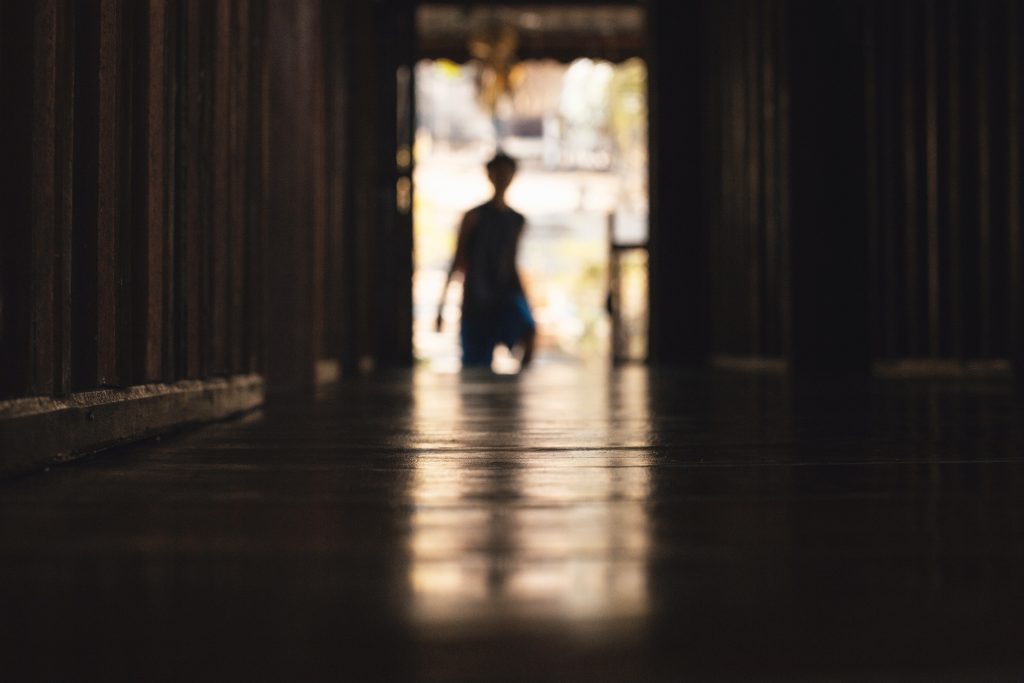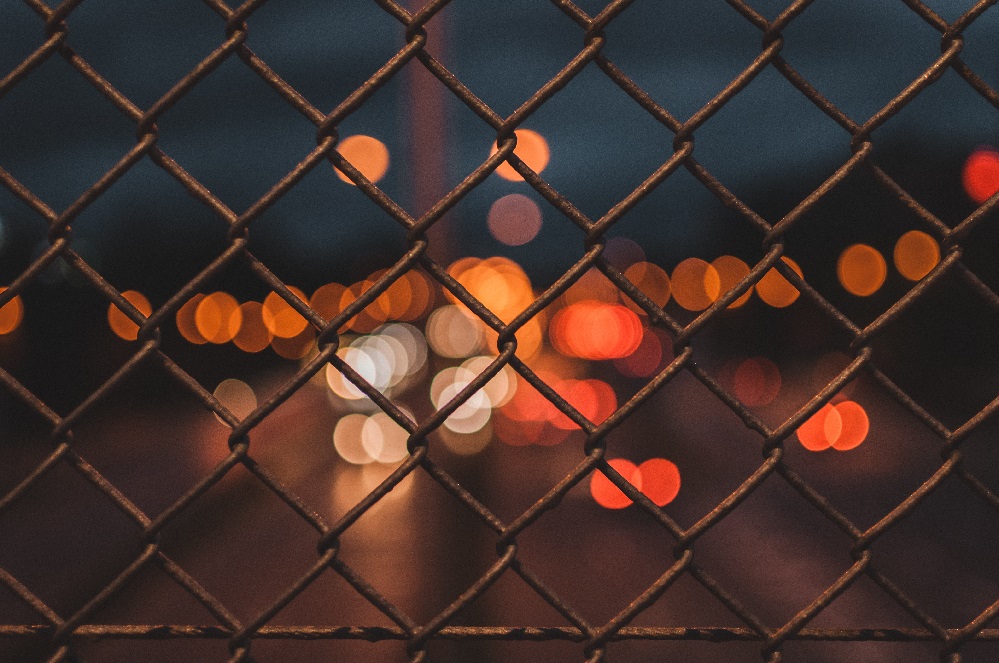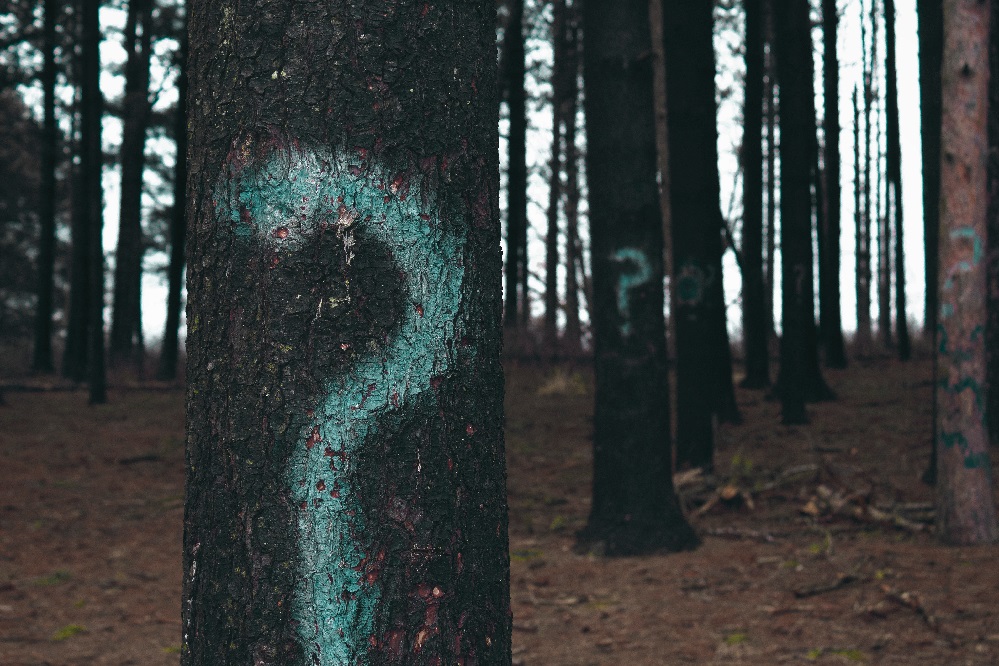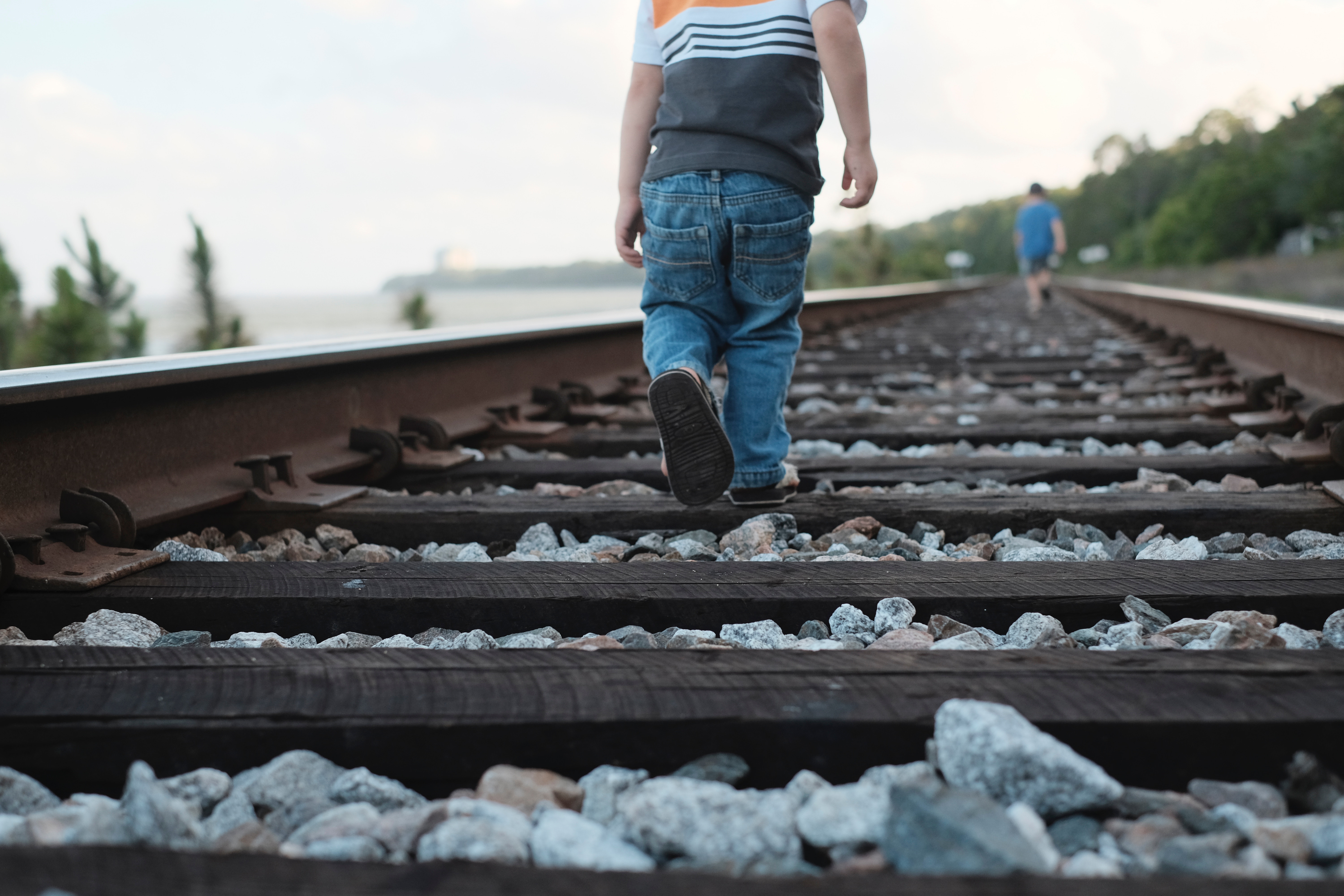Hundreds of victims of sex abuse have failed to receive compensation despite their abusers being locked up, leaving them “devastated”.
The Victim’s Commissioner confirmed to the BBC it would be launching an investigation into The Criminal Injuries Compensation Authority (CICA).
Many of people have been refused compensation since 2012 were deemed to have consented to their abuse. So, what’s going on here? And what does it have to do with our human rights?
But their abusers have been locked up, right?

Image Credit: Peter Hershey / Unsplash
The issue here is ensuring that victims receive compensation for what they have suffered – and how this is different to being punished for breaking the law.
While law abusers may have been punished on the basis that it’s illegal to have sexual activity with anyone under 16, this doesn’t mean CICA will automatically make a payment to all victims.
The Ministry of Justice has estimated that around 30 cases a year have been refused compensation on ‘consent grounds’. Previous rules about when victims lived with their abusers have also meant about 180 people were barred from compensation.
So, why is this happening?

Image Credit: Bekah Russom / Unsplash
The main issues here are twofold. First, if someone is deemed to have ‘consented’ to the abuse, they may not receive a payout. For example, one victim of a Rotherham gang, Sammy Woodhouse, was told that she was not “manipulated” despite being 14 when she was groomed by 24-year-old Arshid Hussain, who has since been jailed for 35 years. The legal age of consent for sexual intercourse is 16.
Speaking to the Telegraph, Ms Woodhouse added: “I could have killed myself when I read that. They were saying it was my fault that I was a victim of rape and abuse from the age of 14.
I could have killed myself when I read that. They were saying it was my fault I was a victim of rape and abuse from the age of 14
The BBC also found a further 180 abuse victims who were refused compensation since 2015 as they had lived with the person who abused them before 1 October 1979.
The rule was originally put in place to make sure abusers didn’t benefit from their victim’s compensation, but the arbitrary line also meant that some victims are unable to claim compensation based entirely on the date that the abuse happened.
Why is compensation important?

Image Credit: Yannik Wenk / Unsplash;
While not receiving compensation doesn’t mean the abuser hasn’t been found guilty and jailed, the Children’s Commissioner, Anne Longfield, explains that it is a vital “recognition that the justice system and the state formally believe you.
Although compensation cannot undo the damage of abuse, as Baroness Newlove, the Victim’s Commissioner, points out, it plays a “critical role” in helping the victims of serious crime recover. By extension, refusing compensation leaves victims feeling degraded and not worthy.
The Chief Executive of Barnardo’s, the UK’s largest children’s charity, also referred to the situation as “scandalous”.
What’s being done?

Image Credit: Unsplash
In July the Government promised an “urgent review” of all cases rejected by CICA on ‘consent’ grounds, however, this has yet to happen. The Victim’s Commissioner will also begin an investigation in early 2018, looking at how well CICA works for vulnerable victims.
The organisation itself has also completed a review of staff guidance to make sure it identifies were grooming could be a factor. However, this still prompted a backlash after The Guardian revealed even new rules could see a child as young as 12 being able to ‘consent’.
[The rules] are at odds with the law, public opinion and with the Government’s definition of child abuse
Anne Longfield, Children’s Commissioner
The guidance rests on the position that consent ‘in fact’ is different from consent ‘in law’. Legally, a person can only give consent to sexual acts from the age of 16, meaning victims have been deemed to give consent, even when it is not possible for them to do so in law.
Protecting human rights means protecting victims’ rights to compensation. It also means protecting children’s rights. It is vital that those who have been abused have their suffering recognised, and compensation is an important way of doing this.







